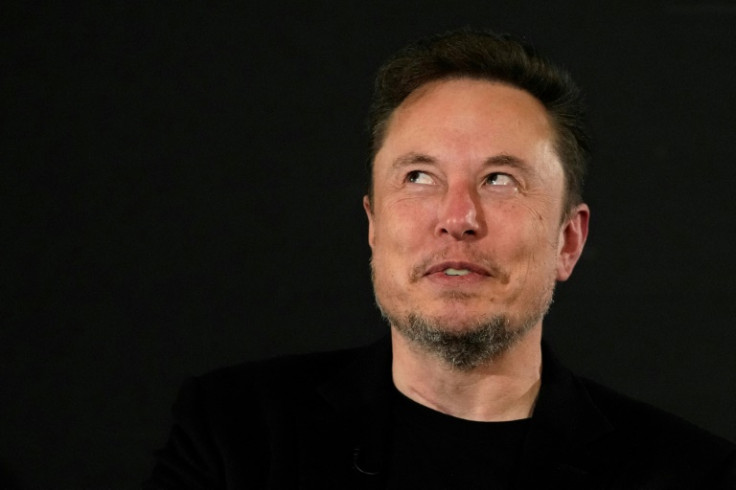Elon Musk's Neuralink Breakthrough: Patient Moves Mouse With Mind
In a groundbreaking development, Elon Musk shared that a patient implanted with Neuralink's brain technology can now control a computer mouse simply by thought.
"The patient seems to have made a full recovery with no ill effects that we are aware of and is able to control the mouse, move the mouse around the screen just by thinking," Musk stated.
This achievement marks a major milestone for Neuralink, Musk's startup aimed at leveraging brain implants to restore lost capabilities and boost human functions such as vision, motor skills, and speech.

Neuralink's revolutionary brain implant, which uses neural signals to navigate external technologies, has garnered attention across the board for its potential to transform human-computer interaction. Musk highlighted the company's commitment to maximizing functionality, saying, "We're trying to get as many button presses as possible from thinking," emphasizing the potential for individuals to control various devices effortlessly through their thoughts.
This successful implantation in a human for the first time showcases Neuralink's progress towards commercialization and its goal to empower individuals with neurological disorders. Musk noted, "Progress is good," emphasizing the patient's remarkable recovery and the promising implications of the technology.
Despite these groundbreaking achievements, the road to widespread deployment of Neuralink's technology remains long and rigorous. Regulatory approvals, rigorous safety testing, and ethical considerations are in the way as the company navigates the complicated landscape of brain-computer interfaces. Musk affirmed the challenges ahead, stating, "It's still early days," highlighting the ongoing efforts to refine and improve the technology.
As one of the world's wealthiest individual, Musk's ambitious endeavors persist to shape the trajectory of technology and society at large, pushing the boundaries of innovation and entrepreneurship. But it still remains to be seen if Neuralink's time has come for widespread use.
Meta CEO Mark Zuckerberg recently expressed skepticism of brain implants and neural interface technology and said he considers neural interface "one of the wilder things that we're working on." He mentioned that Meta is not yet working on brain implants, but might consider it in the future. "Maybe in the future someone will do that, but I wouldn't want to use Version 1 of that," he said.
© Copyright IBTimes 2024. All rights reserved.












